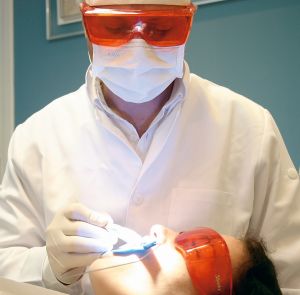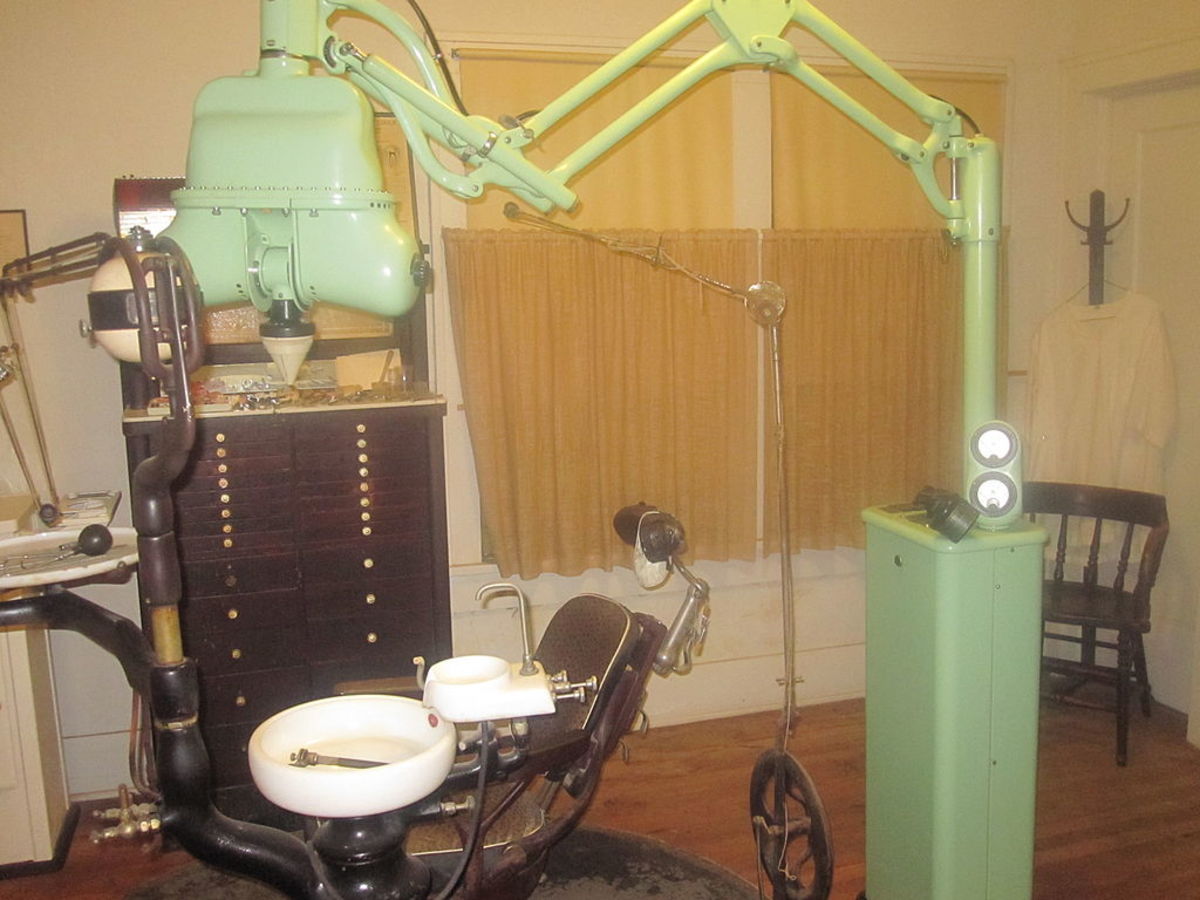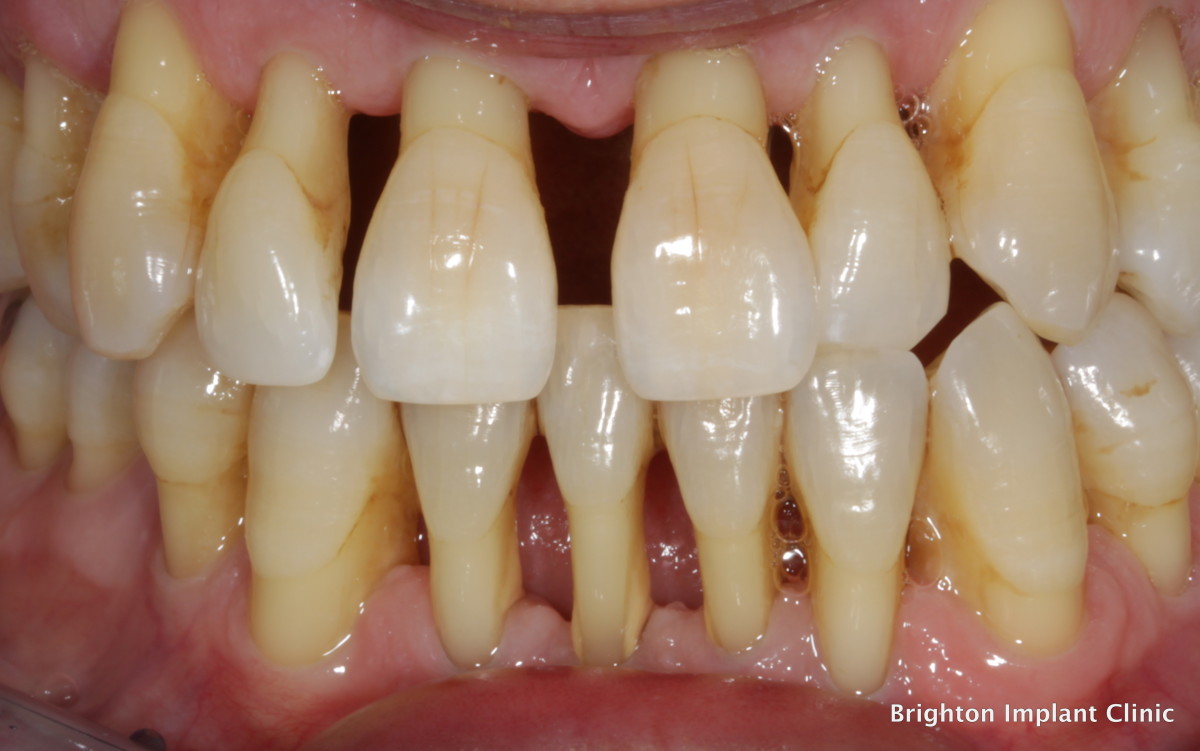Sedation Dentistry: Solution for Dental Phobia

Overview
Sedation dentistry. Sounds like the very reason a person would not want to see a dentist, doesn’t it? The truth of the matter is that sedation dentistry is solution for individuals that suffer from dental phobia, or a fear of the dentist. Sedation dentistry simply relaxes the patient so that routine dental care can be performed while he or she is awake.
For patients that suffer from dental phobias, sedation dentistry is a method to reduce or even alleviate the anxiety in order to have a positive experience. Contrary to popular belief, the patient is not put to sleep. Rather, a medication is administered to relax the patient but he or she is conscious.
With sedation dentistry, there is no reason to fear the dentist any longer. For those that suffer from dental phobia, a positive dental experience is within reach.
What is the difference between sedation and common dentistry?
In a word—nothing. The same procedures that a dentist would complete for a routine check-up, such as a cleaning or filling a cavity can be done whether the patient is sedated or not. Because the sedation is used to alleviate anxiety, the patient is awake and able to perform simple instructions to aid the dentist.
What is Sedation Dentistry?
Sedation Dentistry at Amazon
Who needs sedation dentistry?
It is not uncommon to have some trepidation about visiting the dentist. However, those persons that would benefit the most from sedation dentistry are those that suffer from intense anxiety about dental procedures. If the anxiety that a person feels about going to the dentist is to the extent that he or she refuses to go for at least a routine cleaning should find a dentist that specializes in sedation dentistry.
What is the process or procedure for sedation dentistry?
The first step to overcoming the fear of going to the dentist and utilize sedation dentistry is to find a dentist that specializes in this type of dentistry. Not every dentist carries the credentials to use sedation. One the appropriate dentist is chosen an initial appointment will need to be made. No procedures will ever be attempted at this appointment. However, the dentist will need to get a complete medical history to determine to best course of action.
If it is decided that oral medications are optimal for the patient, he or she will prescribe a medication to be taken the night before the next appointment. This is critical to get a good night’s sleep. Someone will need to accompany the patient to the appointment as more medication will be administered at the beginning of the appointment. The patient should not drive or operate heavy machinery for at least twenty-four hours.
Sedation Dentistry Story
What types of drugs or pills are used for sedation dentistry?
Different dentists may use different types of drugs to achieve the desired or necessary sedated effect for the patient. IV (intravenous) medications or nitrous oxide (happy gas) may be used.
The most popular method for sedation is by oral medications. The dentist will prescribe a pill that is generally used to alleviate anxiety in other patients and proven successful. This class of drugs is called benzodiazepines. When taken in small doses, these types of medications are highly effective in calming a patient but leaving the body quickly. Examples of specific medications include: Valium, Ativan, and Versed. The dentist will be able to determine the right medication for each patient.
Are there any risks or side effects to sedation dentistry?
The dentist will be able to determine if there are any risks to using sedation methods through a thorough evaluation of medical history. Knowing any current medications that the patient may be taking or known allergies is important. Aside from those two factors the risks of using sedation medications is minimal.
The side effects are minimal and can actually be beneficial to the patient. One example is the amnesic effect. Patients often report they remember very little or even nothing of the dental appointment. Further, there may be less post-operative soreness due to being sedated or relaxed. Finally, patients often experience a dry mouth when taking these medications.
Myths Behind Sedation Dentistry
Does insurance cover the cost of sedation dentistry?
Typically, most insurance companies do not cover the cost of sedation dentistry. There may be some instances where a portion of the sedation may be covered. The dentist will be able to determine what is covered at the initial appointment.
What is the average cost for sedation dentistry?
Dependent on the type of sedation that is used and geographical location, the cost of sedation dentistry may range from a few hundred dollars to over a thousand dollars. However, if the patient and the dentist agree that oral medications can be used, the average is between $225 to just over $300.
My Health Related Hubs
- Important Things to Know About Laser Eye Surgery Procedure
Laser eye surgery is the surgical procedure in which laser light (light amplification by stimulated emission radiation) is used to correct the shape of a patient's eye curvature in order to improve vision so... - Laser Teeth Whitening Guide
Tooth whitening can help you achieve that gorgeous, drop dead smile that everyone notices. You'll steal the heart of many and be the envy of the rest with the new smile you have found. Various methods of... - All About Portable Oxygen Concentrators
Many people find it a necessity to seek the use of an oxygen concentrator to help with their various breathing difficulties. This could be due in part to the amount of pollutants in our atmosphere. The... - Stretch Mark Removal Surgery Guide
Stretch mark laser surgery is a treatment to remove stretch marks through the use of laser technology. The laser is similar to what is used in LASIK eye surgery. The laser removes the very thin, top layers...
My HubPages
- Replica Watches Guide
If you love designer watches but are on a tight budget, replica watches are the perfect alternative. These watches are imitations of designer watches and look and feel just like the real thing well,...







